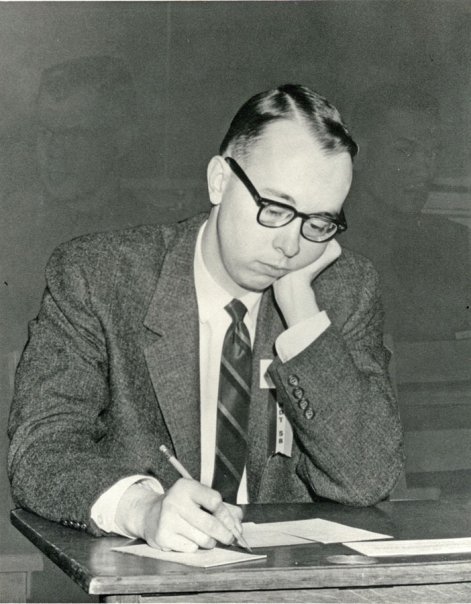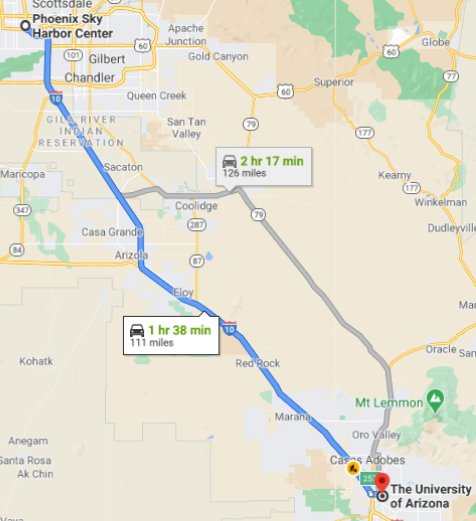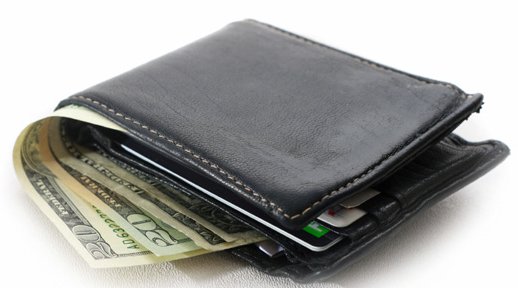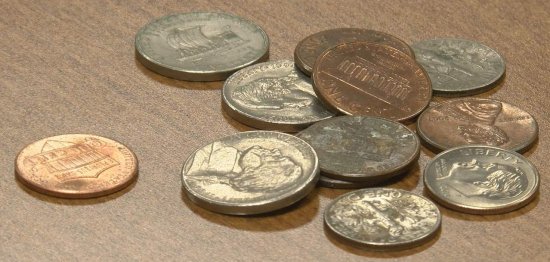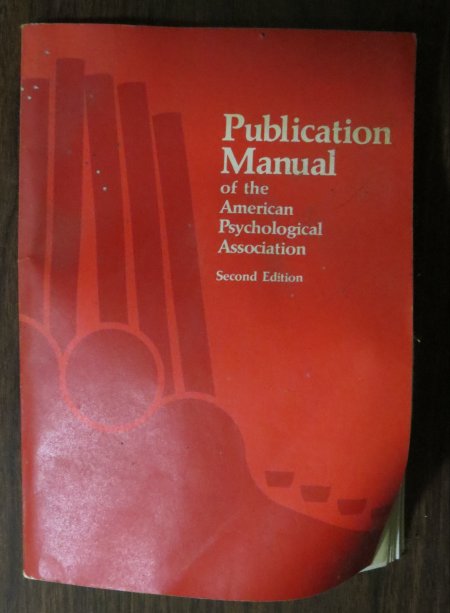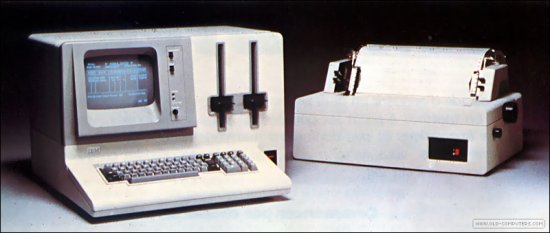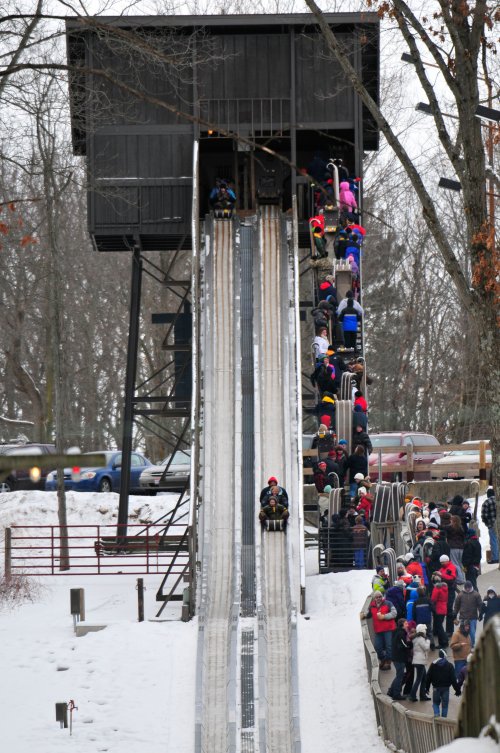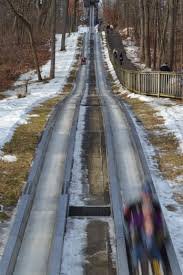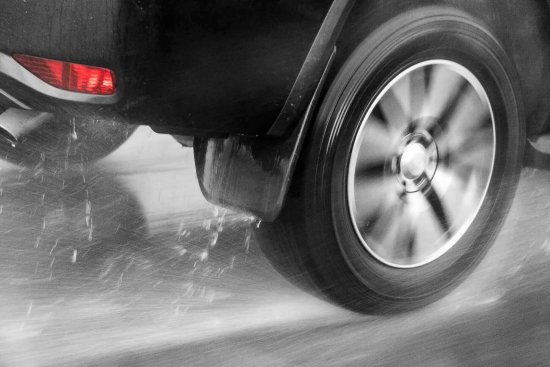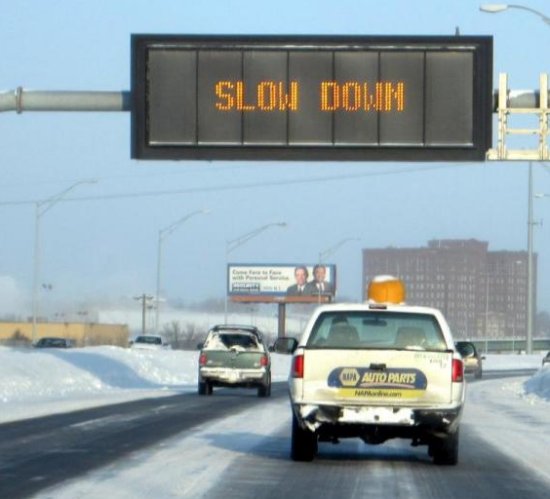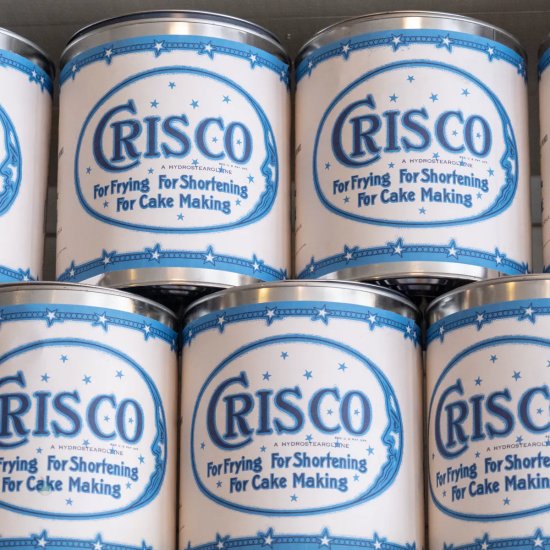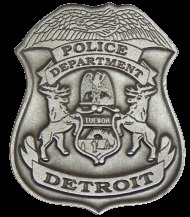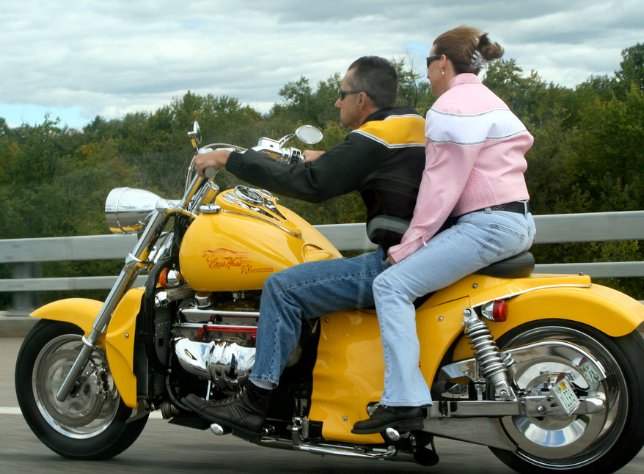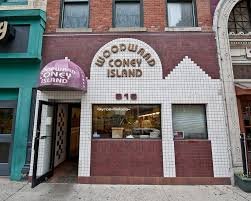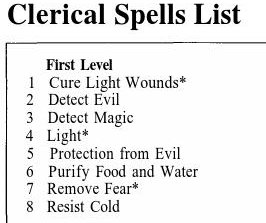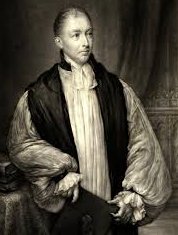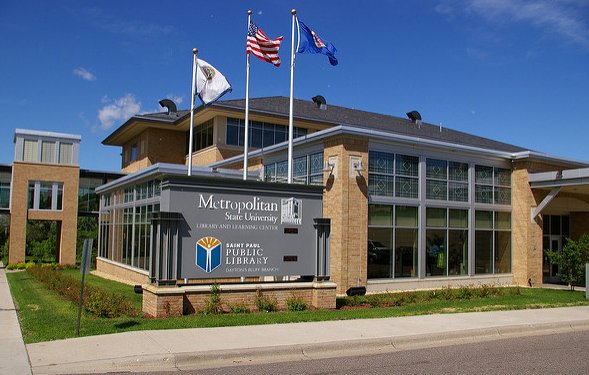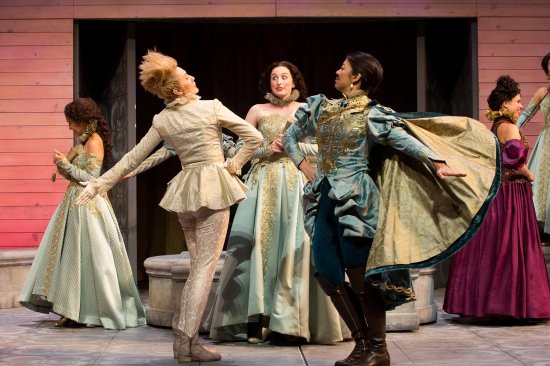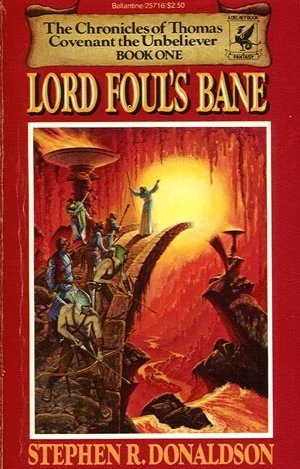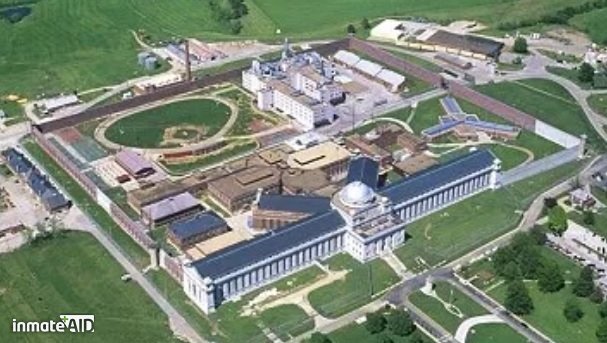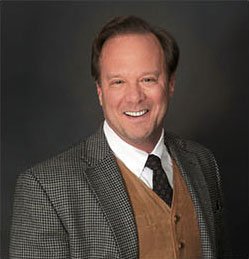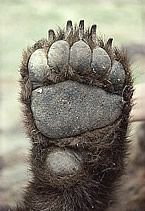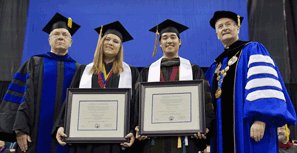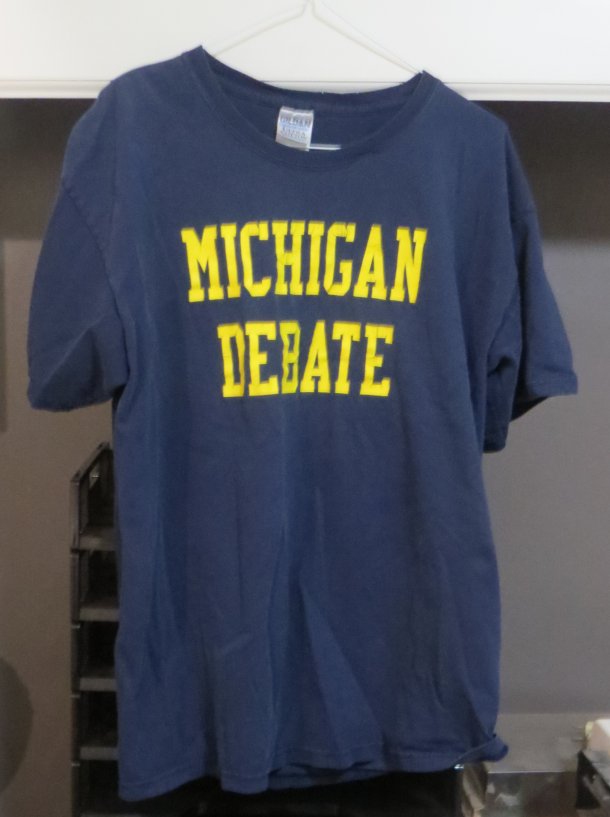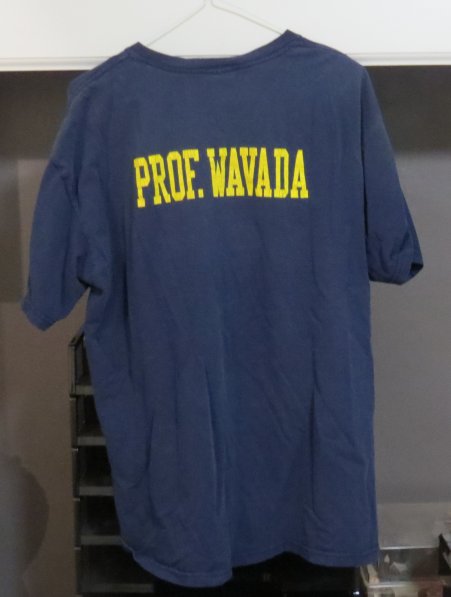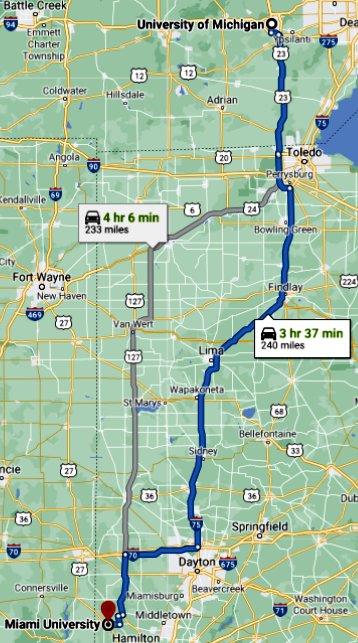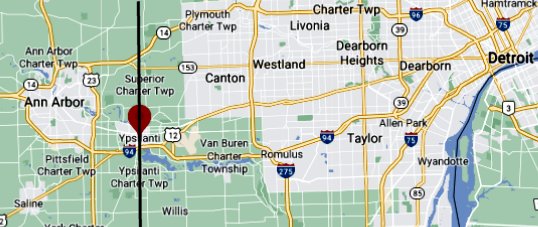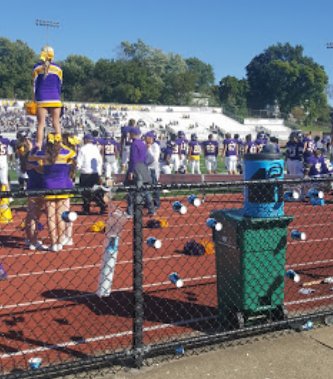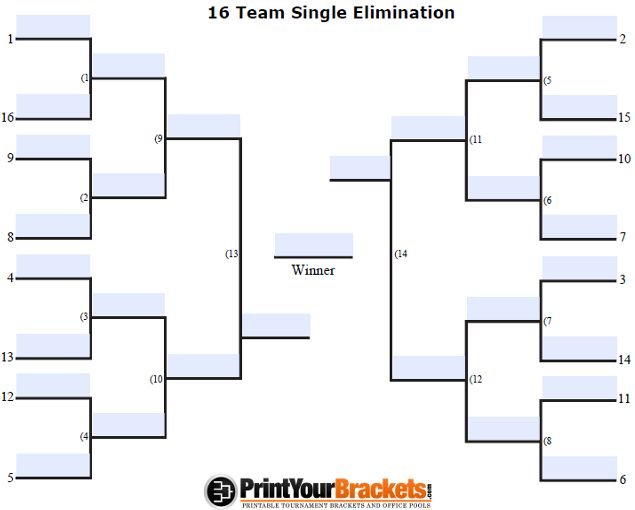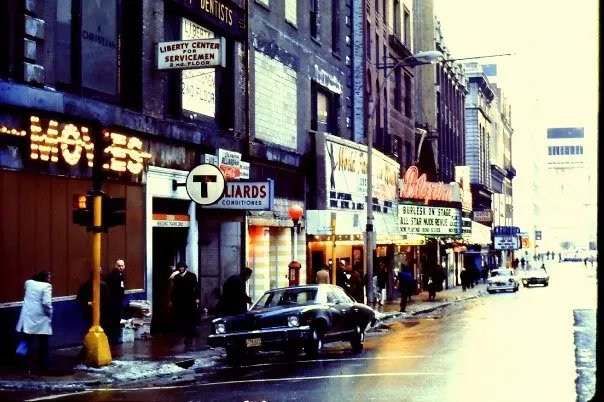My recollections of the other coaches. Continue reading
My recollections of the other coaches. Continue reading →
Any treatment of any aspect of debate at Wayne State University in the second half of the twentieth century must begin with George Ziegelmueller1. During the course of my seven years of debate I had formed two opinions of him: 1) He was a mediocre debate coach; 2) He was a horrible judge. I certainly underrated him as a coach (at least on the affirmative), but not as a judge. Of course, I was (and still am) prejudiced. After my last tournament (districts in 1970, which is described here) I hated him as much as I have ever hated anyone in my life.
Nevertheless, I can usually compartmentalize. George and I had a good working relationship from the start. I did whatever he told me to do. I had great respect for his ability to deal with the bureaucracy, and I have no doubt whatever that the welfare and success of his debaters meant the world to him.
My favorite George story took place in the Detroit Metro Airport in 1980. Six of us were preparing to attend the National Debate Tournament at the University of Arizona. George and I were the coaches. The debaters were senior Scott Harris, juniors Kevin Buchanan and Mike Craig, and Dave Debold, who was only a sophomore.
We were all very excited. For three of the four guys it was the very first time that they had flown to a tournament. For me it was also very special. I had never been to the state of Arizona. Also, I knew that this might well be my last debate tournament ever.
George handed out the tickets to each of us. He informed us of the gate from which the plane would depart. Before we went through security, however, Dave noticed something amiss. “These tickets are for Phoenix,” he said. “Isn’t the University of Arizona in Tucson?”
Our tickets were indeed non-stop tickets to Phoenix on Frontier Airlines. Incredibly, George was able to exchange the tickets for ones to and from Tucson. We only had to wait in the terminal for an hour or so, and all of our luggage was also transferred to our new flight.
George did not really believe in tipping. Having been to Europe several times, I agree with him in principle. However, this is not Europe; most American restaurants paid (and still pay) their employees scandalously low wages.
The way George expressed his philosophy about tipping was this: “I pay for the meal out of the back-pocket of my pants; the tip comes from the front pocket.” That is, he paid for the bill with folding money and the tip with change.
I only accompanied George on a few trips. When I did, I would covertly pass the hat among the debaters. I would add my donation and give the total collection to one of the debaters. On our way to the car he/she would remember something left behind in the restaurant, return to the table, and supplement the tip with what we had collected.

I worked very hard during my first year at Wayne. I went to whatever tournaments George selected for me, and I did not step on anyone’s toes. Even before districts I asked George if I could go to the National Debate Tournament in Denver in the spring. George was taken aback by this request.
Jack Kay, after all, was his right-hand man. George said that I could accompany the team to districts, but he and Jack would judge. I replied that the team (Debbie McCully and Scott Harris) did not need me at districts. However, they had very little experience on the national circuit, and I had a lot. I knew many of the debaters on the national scene and almost all of the coaches. I even volunteered to pay my own way to Denver if and when our team qualified. George eventually agreed, and he found the money.
This helped diminish, but not erase, the memory of the round against Ohio U. at districts in 1970.
Pam and Billy Benoit2 (beh NOYT) were my office-mates in Manoogian Hall. They had both attended Ball State University in Muncie, IN, and Central Michigan in Mount Pleasant. In 1979 Billy presented a paper on philosophy at a conference in Amsterdam. Pam went with him. I don’t remember how they got away with this. They both taught several classes.
Sue Comparetto somehow persuaded them to allow her to join them on this trip. She enjoyed the city immensely, and has wanted to return3 for the last forty-two years.
The Benoits once invited Sue and me over for supper in their apartment, which was near the campus. The repast itself was a little skimpy by my standards until they pulled out their fondue pot and the dipping snacks.
Billy and Pam were among the first players of Dungeons and Dragons (D&D) after I had purchased the original boxed set on August 17, 1978, as a present for myself on my thirtieth birthday. In the first few adventures we took turns as Dungeon Master. These were “Monte Haul” dungeons. The player characters soon reached level 5 or 6.Outlandishly rich orcs were slain by the thousand.
When the Player’s Handbook appeared a year or so later, I constructed a dungeon with a style that was more verismo. Deep in that dungeon was the lair of the fiercest monster they had yet to encounter, Frix the White Dragon. Non-player characters had warned everyone that he was very powerful because of his super-cold breath. One day Pam, Billy, and Vince Follert decided to go after him.
After a few minor skirmishes they found Frix’s cave, but, alas, Frix struck first and turned the entire party all to icicles. All three players were very angry at me for not providing them with a way to resurrect their highly prized characters.
The denouement of this story is in Vince’s section of this blog.
By the time that Billy and Pam were ready to submit their dissertations in the spring of 1980 Sue and I had an IBM 5120 computer in our house. Sue used it for her fledgling programming business. I also tinkered with it. I had written a word processing program that printed documents in the format approved by the American Psychological Association. The only printer that it could use was a dot-matrix, but that was not yet considered gauche. I called my program “Amanuensis”.
The university allowed graduate students a fixed number of minutes of computer time per semester. Pam and Billy traded me their minutes for one or two semesters in exchange for my printing of their dissertations using Amanuensis. Needless to say, I had to enter the text and footnotes through the keyboard. Producing a long paper with footnotes perfectly on a manual typewriter was a daunting task.
I ran into a few problems because, of course, no one checked my work. They became very jittery as the deadline day approached, but I was able to hand the final copies over to them with a few hours to spare.
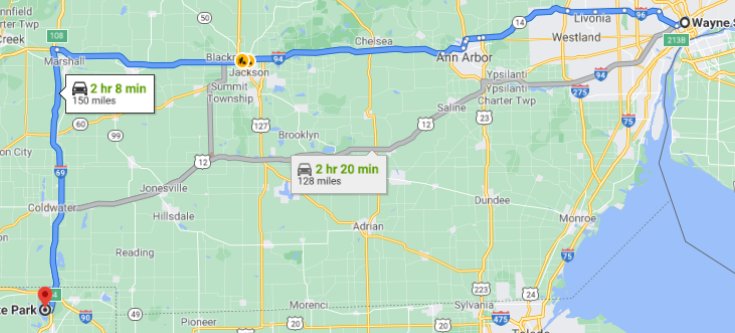
In the winter of 1978-1979 Pam and Billy invited Sue, me, Vince, and, I think, John Pfeiffer to a weekend at a family cabin near Pokagon (poh-KAY-gun) State Park4. My recollection is that we drove there on Friday evening and returned on Sunday afternoon. Two thing stand out in my mind from this event. The first was mundane. Evidently there was a shortage of water in the plumbing system. The bathroom bore a sign that read: “If it’s yellow, let it mellow; if it’s brown, flush it down.” Five of us shared that toilet.
The other memory of that trip is epic. The toboggan run in the park is long and fast. The channels for the toboggans were not particularly narrow, but Billy was a big guy, and, to put it in nautical terms, he was broad in the beam. I think that we only participated in one run. We split into two groups of three. I went with Vince and John. Sue was in the Benoit’s group. The safety precautions for the ride were minimal. A guy at the top yelled “Keep your legs in!” before he gave the toboggan a shove.
Our toboggan ride was somewhat thrilling because the pace was fast, and the riders had absolutely no control. I was in front. I just made myself as small as I could. The guy behind me had his legs on both sides of me. The guy behind him likewise put a leglock on the middle man. By the time that we reached the bottom, which was a quarter mile from the launching tower, one of Vince’s legs had rubbed against the side of the track a few times. He was sore but not injured. John and I were unscathed.
The three in the other toboggan did not fare as well. All three suffered scrapes. Billy was by far the worst. He stuck out on both sides of the toboggan and suffered rather ugly burns. We did not take him to the hospital, but he could hardly walk for a day or two, and he was sore for weeks.
Sheri Brimm joined the program in the fall semester of 1978. She had just graduated from Wright State University in Dayton, OH. She knew very little about debate. If Wright State had a debate team, I never heard of it, and they were in our district.
Sheri lived in an apartment near campus with her husband David. I seem to remember that he was going to Law School at Wayne State.
I was in one class with Sheri. I think that it was with the rhetoric professor, Dr. Jim Measell. For one of our assigned papers he provided very explicit instructions for what he wanted. I knew this guy and warned Sheri that she should do it exactly the way that he prescribed. She said that she thought that what he really was looking for was creativity. She may have been kidding, but she got a bad grade on the paper.
I also took one trip with Sheri. We were in charge of a van full of debaters headed for a nearby tournament. Akron University comes to mind, but I may be wrong. I let her drive because I wanted to work with some of the debaters. While we were still in Detroit it began to snow or sleet, and there was a little ice on the road. Basically, it was a normal winter day in Michigan in the seventies. The van started to skid. I yelled to her from the back of the van, “Slow down.”
“The car is hydroplaning,” she explained, but she did not drive noticeably slower.
“Hydroplaning is on water. This is ice. SLOW DOWN!” I countered.
I did not have many dealings with Sheri even though she returned for 1979-80. George may have let her work with some of the novice debaters, and she kept a chair warm during practice rounds.
Gerry Cox5 was my age. George was eighteen years older than I was. Everyone else in the FU was younger than I. Gerry joined the staff in 1979 after finally earning his bachelor’s degree the previous spring. I coached Gerry in my first two years. We became good friends, even though we had almost nothing in common. I also kept in touch with Gerry after I left Wayne St. He came to visit Sue and me twice while we lived in Rockville, CT. More memories of him can be read here.
I have three vivid recollections of Gerry from that last year. For years Gerry had been associated with the department off and on. I remember well the way that he treated the departmental secretary, whose name was, I think, Janet. On one occasion Gerry approached her desk and greeted her with the following: “Why don’t we rent a room at a hotel, rub Crisco all over both of our bodies, and see what happens?”
This approach was quite a bit different from my short conversations with her.
The second strong memory is of the only time that I ever saw Gerry nervous. He was for some reason chosen to give a speech on traffic safety to members of the Detroit Police Department. It may have been a contest. I drove him there for moral support.
Gerry was reluctant even to enter the room. Apparently he feared that one of Detroit’s finest would recognize him from years gone for encounters in markedly less formal encounters, probably bars. At last we entered and took a seat. Gerry kept his eyes lowered while we were so seated.
Eventually Gerry gave his speech, which argued that requiring helmets for riders of motorcycles was a bad idea. It was a terrible speech. He claimed that requiring helmets would not reduce injuries much and that in some cases it would be counterproductive. I was shocked that a former Wayne State debater would make such a claim without a whiff of evidence.
The close of his speech was greeted with tepid applause. As he approached me, he said softly, “Let’s get out of here.”
In the car I asked him why he made those claims without any evidence. He was stunned. He asked me, “Are you saying that I forgot to read the evidence?”
When I confirmed it he laughed and laughed and buried his head in his hands.
Steve D’Agostino coached some of the Individual Events (IE) people in 1977-78. I hardly knew him. I think that he had academic problems and left after one year.
Vince Follert6 was a pretty good debater at Loyola in Chicago, a Jesuit university. I judged him a few times before he graduated in 1977. His partner was weak, and the coaching at Loyola was not great. Even so, they did pretty well. I was favorably impressed.
Vince had a studio apartment near the campus. I am not sure that I ever entered it. He came to supper at our house on Chelsea a few times. We became pretty close friends. We usually ate lunch together at one of a few favorite restaurants on Woodward. Woodward Coney Island is still there in 2021! Their loose hamburger sandwiches were very tasty. I don’t remember the name of the other restaurant. Vince was enchanted by one of the waitresses who never wore a bra.
Vince stayed at Wayne for two years. I taught his classes whenever he was at a tournament, and he returned the favor when I was out of town. In the fall of 1978 he made the mistake of asking me to take his very first class. Here is how I began: “My name is Mike Wavada. Don’t write it down; I am not your teacher. Your real teacher is named Vince Follert. He is away at a debate tournament today. You won’t like him. He is fat, he smokes like a chimney, and he talks too fast.”
I did not mention it, but he also went through several six packs of Diet Pepsi every day.
Vince was as fond as I was of Dungeons and Dragons. He played every chance that he got. He was even more angry than the Benoits were at the instantaneous demise of his beloved characters when they stormed into Frix’s lair. I think that Vince’s main character was named Guelph the Elf.
Several months later he confronted me about the incident. “Resist Cold is a first level clerical spell, isn’t it? We were just idiots. We deserved to die.” He was right. They probably could have absconded with Frix’s fabulous treasure horde if they had bothered to prepare for cold weather with spells that any rookie cleric would know.
Vince and I attended a convention of the Central States Speech Association7 in the spring of 1979. We both presented papers there.
I don’t remember why we did not take Greenie. Instead, we rented a car from Budget. We got a good deal. There was a modest daily charge, but there was no mileage limit. My recollection is that we drove to St. Louis, went to the convention, and then drove back within twenty-four hours. That seems almost incredible. Maybe the trip took two days. In any case the man at Budget was astounded when he looked at the odometer.
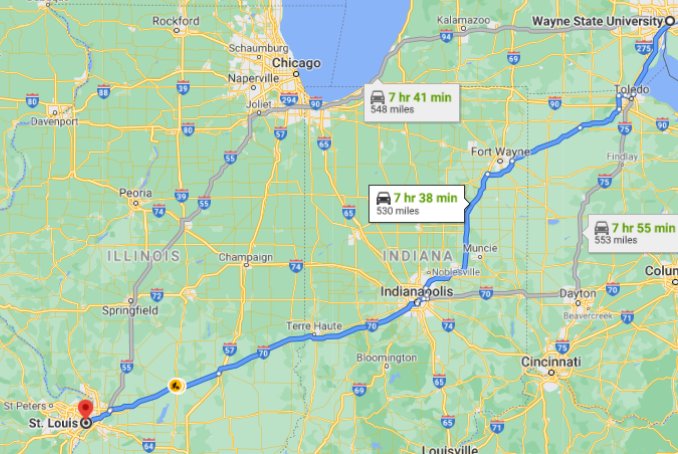
I did not witness Vince’s presentation. His panel occurred at the same time as mine. Walter Ulrich, a very fine coach at the University of Houston, presented the first paper in our room. He argued that the value of the proposition should always be from the perspective of the collective interest of the people of the United States. There was time for questions after the evaluations. I asked Walter what he thought of propositions that were stated at a different level. For example, one of them that I debated in high school said that nuclear weapons should be controlled by an unspecified international organization. He opined that those resolutions were illegitimate.
My paper, which was the last one in our session, was on causality. I posited was not a useful construct in argumentation. Debates should focus on necessary conditions and sufficient conditions. I also argued that the negative teams had the responsibility to defend something in every debate. It was perfectly OK to defend what currently existed or what the government might do, but arguing that a case should be rejected because Congress could just pass a law to solve the problem or provide the benefit was an unfair reliance on the concept of presumption.
The two reviewers hated my paper. Dave Ling, the coach from Central Michigan (and a Wayne State alum), was at least nice about it. The other reviewer was from Washington University of St. Louis, a guy who was renowned as the worst judge on the circuit. He made fun of me. The time allotted was exhausted by the time that they finished. I did not get a chance to rebut what they said.
Most top coaches would have agreed with every word that I said, but they did not often attend conventions like this one.
One last memory of Vince popped into my head. One day in 1979 he came into Manoogian with a hickey on his neck. He made no attempt to hide it, but he would not talk about it.
Vince received his masters degree in the spring of 1979. He coached debate for Dale Hample at Western Illinois in 1979-1980.
Ken Haught might have been on the staff in my last year, 1979-1980. I remember him, but only vaguely
Jack Kay was George’s right-hand man when I arrived. He was still a graduate student, but he had an office of his own. I came to learn that Jack had been a member of the Students for a Democratic Society (SDS) in his younger years. Reportedly he had actually met Tom Hayden and Jane Fonda.
Jack married Ruth Colwander, who was just a sophomore in my first year at Wayne State. Jack had been the coach of Ruth and the other novices in the previous year. They had done very well.
I don’t know why, but I interacted very little with Jack. I remember only two fairly innocuous incidents. The first occurred at a staff meeting. George told us that some financial assistance had become available for one debater. I don’t remember the amount. George asked for suggestions as to who should get it. I immediately recommended that Ruth, who was the only serious debater who had a job, should be considered. Jack, who was involved with but not married to Ruth, was astonished at my suggestion. I guess that he thought of me as a foe. If so, it was not mutual.
The second event occurred at the National Debate Tournament in 1978 in Denver. Wayne State sent one team (Debbie McCully and Scott Harris) and three coaches to this tournament.
Wayne State’s team met (I think) one of the teams from Redlands in the eighth round. The whole tournament knew that both teams from Redlands were running a case that had something to do with infanticide. I had never heard it, and I no idea of the substance of Redlands’ plan.
Jack had, however, heard the case in a previous round. When he saw that our team was facing Redlands, he rushed to the library to try to photocopy something. He then spent the little remaining time lecturing Debbie and Scott on how to attack the cse.
I wished that he had shared his ideas with us earlier—there were fairly long breaks for power-matching after every round. I said absolutely nothing at the time; he might have had an inspired argument.
Scott and Debbie lost 3-0. If Jack had not taken over, I would have advised them to relax and avoid the temptation to twist any of their prepared arguments to fit this case. Instead, they should just try to challenge everything, make reasonable claims of their own, and watch for mistakes. They should then concentrate on finding one decisive argument that they could win and sell it dramatically in the last rebuttal.
Of course, they still probably would have lost to a team with more high-level experience.
Jack was a big guy. He was also, unless I am mistaken, the only Jewish member of the staff. He was, I guess because of his size, recruited to play Santa Claus at the FU Christmas party. However, his “ho-ho-ho” was worse than pathetic. So, I made the big laugh from off-stage while he was entering.
Ron Lee joined the staff in 1979-80 wife his wife Karen. She was my age and debated at either Southern Illinois or Illinois State. She might have done something with the team at Wayne, too.
Ron debated at Wayne State, at times with Jack Kay. The only thing that I remember about his coaching technique was that he insisted that the team eat at restaurants that had waiters and/or waitresses. He hated going to counters for his food.
John Pfeiffer came from Florida He was at Wayne State for my first two years. In the second year he was the IE director.
John had an interesting background. He had worked at Disneyland as a strolling bear character. He said that it was the worst job in the world. He had also appeared as a character on roller skates in Shakespeare’s The Two Gentlemen of Verona.
Tuna Snider10 came to Wayne State in 1979-80, my last year, and was installed in Jack’s old office. I had known him a little when he was the coach at Boston College. I never heard anyone call him anything but Tuna.
I don’t think that I went to any tournaments with Tuna. In fact, the only interaction with him that I remembered was when he noticed that I was often sitting around the debate lounge reading a paperback book. One day he asked what kind of fiction I liked, and I answered, “Swords and sorcery”. He made a positive noise and returned to his office. In truth I read most of these fantasy books just to get ideas for D&D dungeons.
For some reason Tuna did not attend the NDT with us in Arizona in 1980, and my memories of his involvement with the program seemed to be minimal. Perhaps he had a falling out with George.
1. George died in 2019. A press release from the university can be read here.
2. In 2021 the Benoits are on the faculty of the communications department of the University of Alabama at Birmingham. Billy’s Wikipedia page is here. His boss’s career is described on this webpage. Click on her photo or the blue text.
3. Sue and I have a river cruise scheduled for October of 2021. It departs from Amsterdam, and we have also scheduled one extra day there.
4. The toboggan run at Pokagon State Park remained open through the pandemic winter of 2020-2021. Its website is here.
5. Gerry died in an automobile accident in, I think, the eighties. At the time he owned a company that produced machined parts for auto dealers. It was located in his family’s home town in Kentucky.
6. Vince died of colon cancer in the early eighties.
7. In the twenty-first century it is called the Central States Communications Association.
8. In 2021 Ken is the Dean of Arts and Sciences at Dickinson State University in North Dakota.
9. Jack died in 2015. A tribute to him can be read here.
10. Tuna Snider got his PhD from Kansas, not Wayne State. He died in 2015 after spending more than thirty years at the University of Vermont. His Wikipedia page is here.

